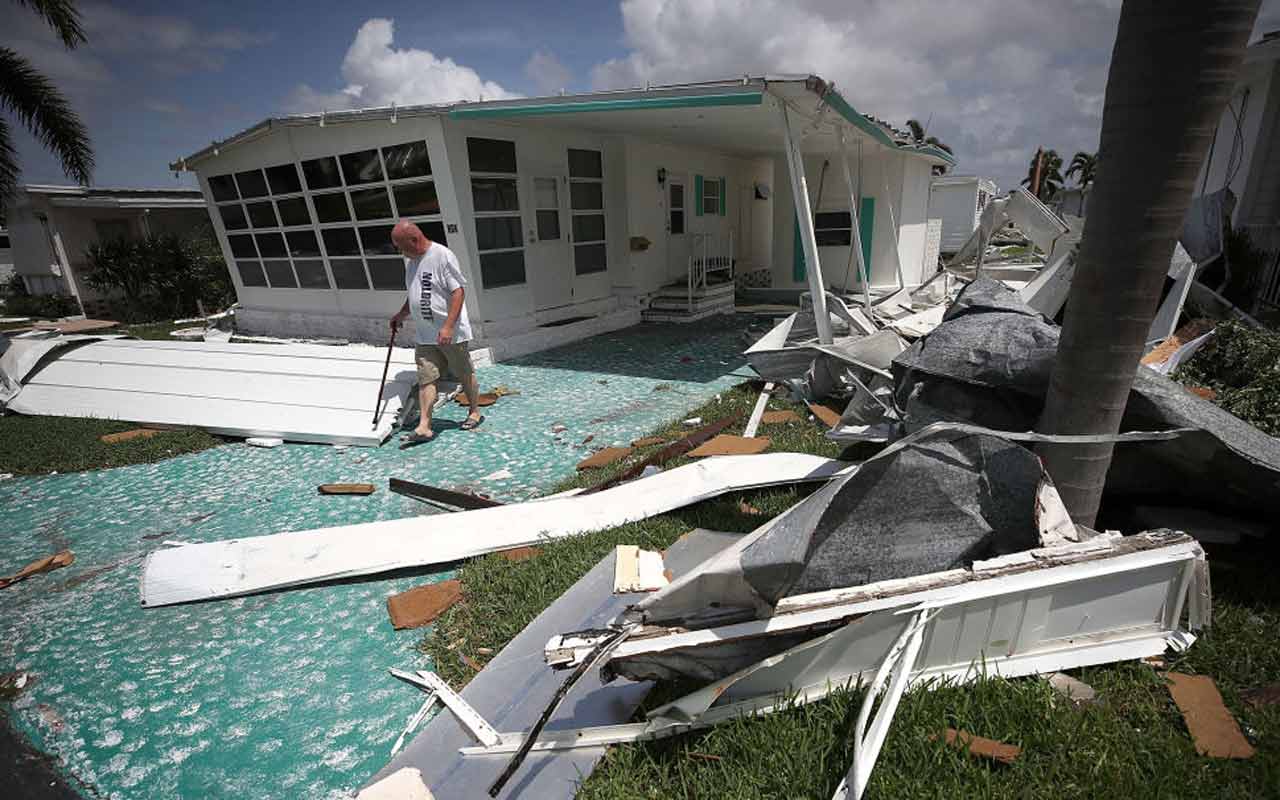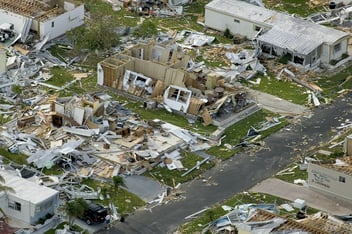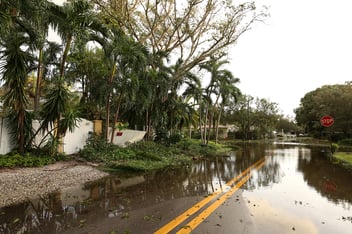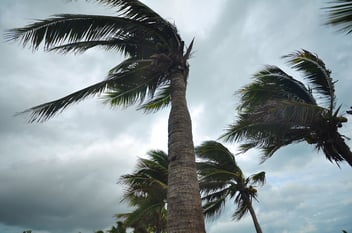Insurance claims can be a difficult thing to navigate, especially when it comes to hurricane damages. The damage your home may take from a hurricane might come from different things, like flooding, falling trees, and wind, and your insurance company may cover these all differently, so it is important that you are aware of the different issues that may arise during your hurricane insurance claim.
Hurricane Deductible
One important thing to know about your homeowner’s insurance for hurricanes is that your insurance might have a separate deductible for hurricane damage. A deductible is the amount of money that you have to pay out of pocket before your insurance company will cover the damages your home sustained from the hurricane.
On most insurance claims, the hurricane deductible is $500, but it can also be between two and five percent of the damages caused by the hurricane. To find this deductible, you will need to check your insurance policy or contact your insurance company.
The deductible only kicks in if your home sustains damage from a “named” storm. There have been questions about if this deductible will kick in multiple times in hurricane season if you sustain damage from multiple hurricanes, but most insurance policies are unclear about this.
Flooding Is Not Covered by Hurricane Insurance
If your home is damaged from flooding, even if the flood was caused by a hurricane, your homeowner’s insurance policy does not cover it. You will need a separate policy that covers flooding, which can be purchased through your insurance company or the National Flood Insurance Program (NFIP).
Often, flood insurance will cover the damage to the contents of your home, but at a value after depreciation.
Responsibility for Fallen Trees
The health of the tree determines who is responsible when the tree falls and damages neighboring property. If a dead tree falls on the neighboring property, the person who owns the property the tree came from is responsible for the damages and removal of the tree. If a live, healthy tree falls on your neighbor’s property, your neighbor is responsible for the damages and removal of the tree.
So, if Hurricane Irma knocked a dead tree onto your neighbor’s property, you are responsible, but if Irma knocked a live and healthy tree into your neighbor’s property, they are responsible. If you notice a dead or dying tree on your property when hurricane season is approaching, it is a good idea to have it removed to avoid it falling and causing damages during a hurricane.
Statute of Limitations
When you have a homeowner’s insurance claim for hurricane damage, you have three years from the date the hurricane made landfall to make your insurance claim. If your home was damaged by Hurricane Irma, time is running out for you to file a claim or any type of dispute with your insurance company for these damages. Hurricane Irma made landfall in Florida on September 10, 2017, so anything related to your claim needs to be filed before that date.




 Storm Damage
Storm Damage  Property Damage
Property Damage Appraisal Services
Appraisal Services Contact Us
Contact Us




.jpg)
 claims@ucspa.com
claims@ucspa.com Mon-Fri: 9:00am-5:00pm
Mon-Fri: 9:00am-5:00pm